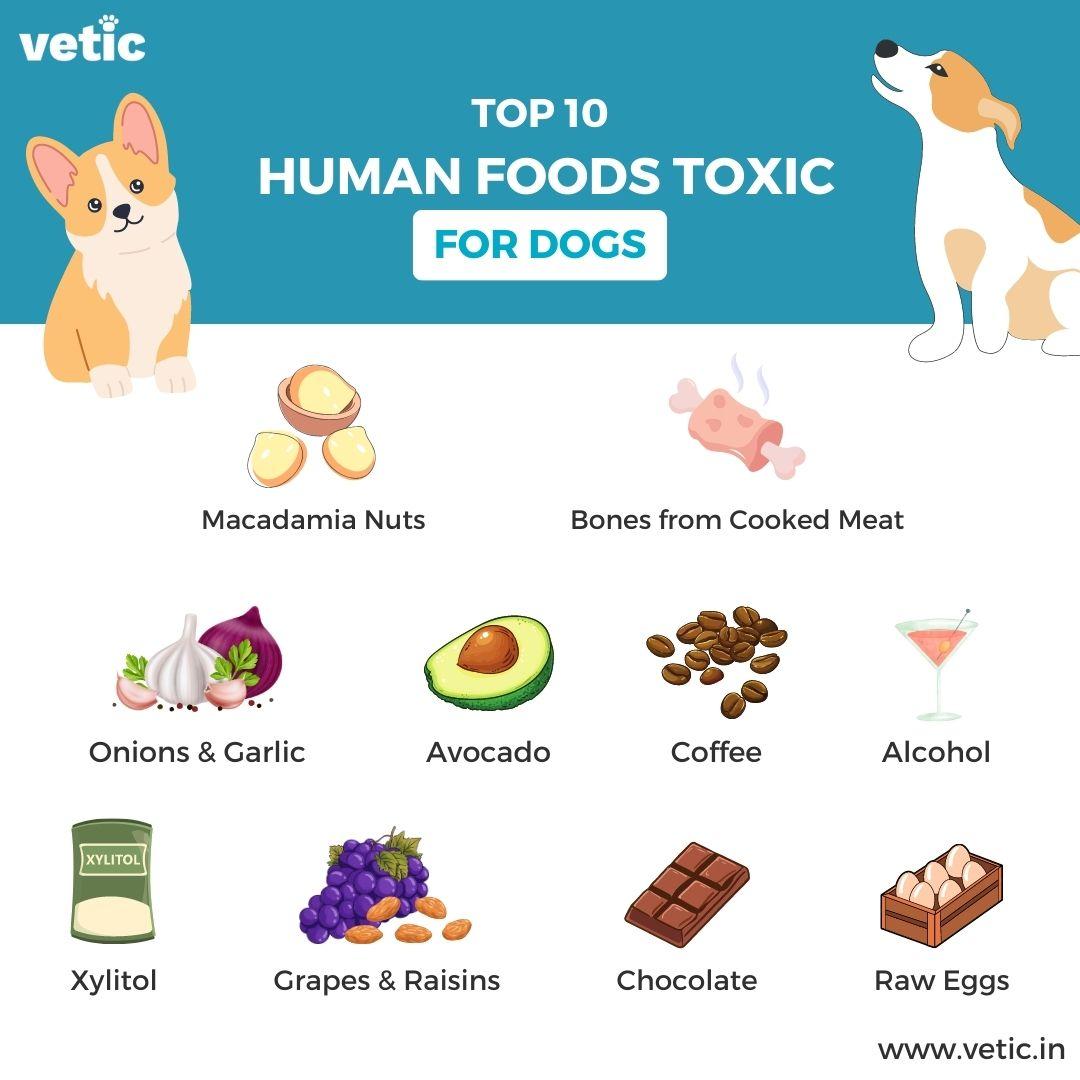When it comes to caring for our furry companions, ensuring they lead a happy and healthy life is a top priority for any dog owner. Just like humans, dogs thrive on a balanced diet that meets their nutritional needs and satisfies their taste buds. In this article, we’ll explore a variety of foods that can contribute to your dog’s overall well-being, boosting their energy levels, supporting their immune system, and keeping their tails wagging with joy. Whether you’re a seasoned pet parent or a new dog owner, understanding the dietary essentials and delicious options available will help you make informed choices that cater to your canine’s unique needs. So, let’s dive into the world of canine nutrition and discover how to keep your beloved pet both happy and healthy through the power of food.
Choosing Nutrient-Rich Ingredients for Optimal Canine Health
When crafting a diet for your furry friend, selecting ingredients that are packed with nutrients is crucial for their well-being. Opt for whole foods that are both delicious and beneficial. Here are some key ingredients to consider:
- Lean Proteins: Essential for muscle development and repair, sources like chicken, turkey, and fish provide high-quality protein without excessive fat.
- Healthy Fats: Incorporate omega-3 and omega-6 fatty acids found in fish oil or flaxseed to promote a shiny coat and support brain health.
- Complex Carbohydrates: Brown rice, sweet potatoes, and oats are excellent choices for sustained energy and digestive health.
- Fresh Vegetables: Rich in vitamins and minerals, veggies like carrots, spinach, and broccoli are perfect for boosting your dog’s immune system.
- Fruits: Blueberries and apples can be a delightful treat that offers antioxidants and fiber.
By integrating these nutrient-dense foods into your dog’s diet, you’ll help ensure they enjoy a vibrant and energetic life.

Balancing Proteins and Carbohydrates in Your Dogs Diet
Finding the right balance of proteins and carbohydrates is crucial for maintaining your dog’s health and happiness. Proteins are the building blocks of your dog’s body, supporting muscle growth, immune function, and overall vitality. On the other hand, carbohydrates provide a steady source of energy, keeping your furry friend active and playful. Incorporating a variety of both nutrients can help ensure your dog’s diet is well-rounded and nutritious.
- Lean Meats: Chicken, turkey, and lean cuts of beef are excellent protein sources, offering essential amino acids.
- Fish: Salmon and sardines are rich in omega-3 fatty acids, promoting a healthy coat and skin.
- Whole Grains: Brown rice and oats provide fiber and energy, supporting digestion and sustained activity levels.
- Vegetables: Sweet potatoes and peas are nutrient-dense options that add beneficial carbohydrates without the excess calories.
Remember, every dog is unique, so it’s important to tailor their diet to their specific needs and lifestyle. Consulting with your veterinarian can help you create a balanced meal plan that keeps your furry companion thriving.

Incorporating Fresh Fruits and Vegetables for Added Vitality
Adding fresh fruits and vegetables to your dog’s diet can be a delightful way to enhance their overall health and well-being. Not only do these natural ingredients provide essential nutrients, but they also introduce exciting flavors and textures that your furry friend will love. Here are some safe and beneficial options you can consider:
- Carrots: Packed with beta-carotene and fiber, carrots are a crunchy treat that supports eye health and digestion.
- Blueberries: These tiny berries are a powerhouse of antioxidants, which help protect your dog’s cells from damage.
- Spinach: Rich in iron and vitamins, spinach can contribute to a healthy immune system and boost energy levels.
- Apples: A great source of vitamins A and C, apples can also help clean your dog’s teeth and freshen their breath.
- Sweet Potatoes: High in dietary fiber and vitamins, they are a fantastic option for supporting digestive health.
When introducing these fresh ingredients, ensure they are washed, peeled, and cut into manageable sizes to prevent choking hazards. Moderation is key, so integrate them gradually into your dog’s meals to monitor any changes in their health or behavior. With these vibrant additions, you’ll be nourishing your pet with nature’s bounty, promoting a lively and joyous life.

Identifying and Avoiding Harmful Ingredients to Protect Your Pet
Ensuring your dog’s diet is free from harmful ingredients is essential for their overall well-being. Common culprits that could jeopardize your pet’s health include artificial preservatives, colors, and flavors. These additives, often found in low-quality dog foods, can lead to allergic reactions or long-term health issues. It’s crucial to read labels carefully and opt for foods with natural preservatives like Vitamin E (mixed tocopherols) or rosemary extract.
Be wary of ingredients that are known allergens or toxic to dogs, such as:
- Chocolate: Contains theobromine, which is toxic to dogs.
- Onions and Garlic: Can cause gastrointestinal irritation and damage red blood cells.
- Grapes and Raisins: May lead to kidney failure.
- Xylitol: A sugar substitute that can cause insulin release, leading to liver failure.
Instead, focus on feeding your dog a balanced diet rich in wholesome, natural ingredients. Look for foods that list real meat as the first ingredient, and include a variety of fruits and vegetables to provide essential vitamins and minerals.

